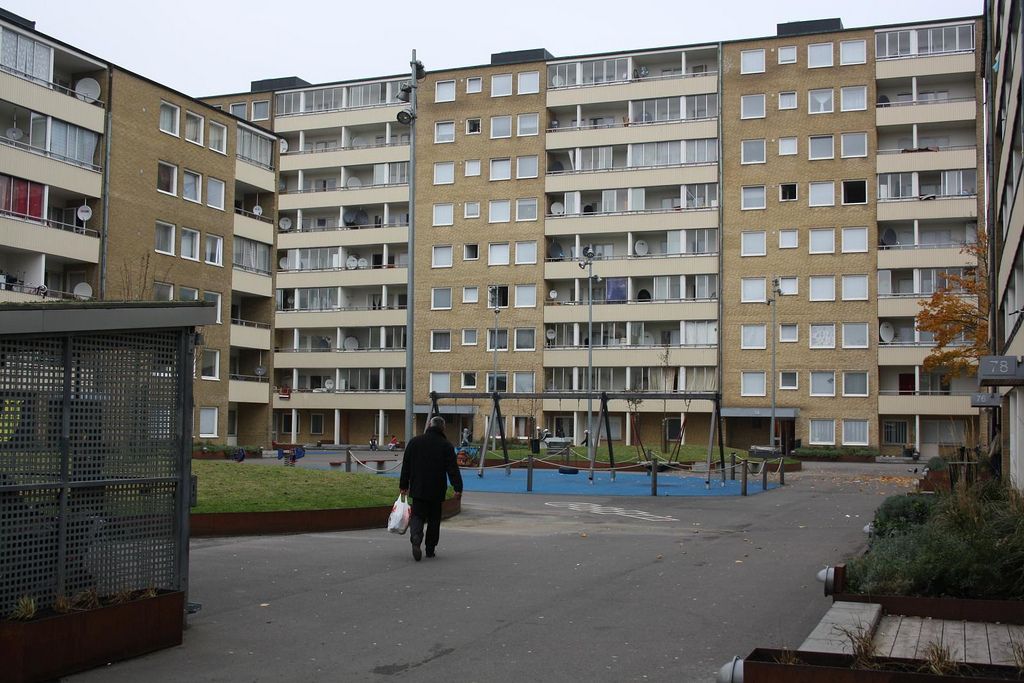In September last year, Swedish writer Lars Åberg wrote an opinion piece in which he suggested that journalism in Sweden was being sacrificed on the altar of multiculturalism.
These ideas were expanded in a book of which the English title is literally ‘What would Sweden look like tomorrow if it became like Malmö today?’.
Åberg suggests that society is no longer able to control the resulting problems caused by immigration and ghettoisation. For example, figures show that 52 percent of pupils in Malmö schools have an immigrant background, and the figure is growing.
Despite warnings and critical reports, Åberg says, official policy remains largely unchanged and words like ‘challenges’ and ‘opportunities’ camouflage the true state of affairs.
READ MORE: Malmö University to be accredited with official university status
A lone fox?
He’s not the only one concerned, it seems. Donald Trump surprised the world with his recent allegations of a terrorist attack in Sweden, which it seems that only Fox News knew about.
In the wake of the ensuing press and social media ridicule, the story was somewhat downgraded; now, it was not about a specific incident, but the general failure of Sweden to integrate immigrants – especially Muslim immigrants – over a long period, and the ensuing crime-wave that is supposed to have resulted from this.
PC is a dirty word
Trump and his supporters have also accused the Swedish media of ignoring the problems in the interest of ‘political correctness’ (i.e deluded bleeding-heart liberalism), which is an all-too familiar tactic from the far-right.
In support of Trump, the UK-based editor of the far-right website Infowars, Paul Joseph Watson, threw down the gauntlet by offering to pay “any journalist claiming Sweden is safe” to stay in Malmö. He has even paid 2,000 dollars to one of the many reporters who took him up his offer.
Perhaps – not surprisingly – there were a number of people who seemed only too keen to take up the challenge! The deputy mayor of Malmö, Nils Karlsson, has also promised any visiting journalists a warm welcome.
READ MORE: Malmö honoured for its sustainable infrastructure
Is it that bad?
Journalist Andrew Brown, who lived in Sweden in the 1980s in one of the so-called ghettos and revisited it recently, said that “it is true there are pockets of serious criminality in parts of Sweden. These are fuelled most by the easy availability of guns after the Balkan wars, and by disputes in the drug trade.”
There are undeniably killings. Scandinavian bikers have been engaged in street wars with Kossovar, Bosniak and Turkish gangs. Three young people were shot dead in their car in Uddevalla two years ago, killed by a couple of Lebanese brothers.
There is also a suburb of Gothenburg divided between two rival Somali groups. However, almost all of this criminality arises from second generation immigrants – if they are immigrants at all.
Brown says that when he was last in the country, he spoke at length to a very senior policeman in Gothenburg, and his view was that this was a problem caused by adolescent males, unemployment, exclusion from the communities around them, and easy access to guns. Religion had nothing to do with it.














